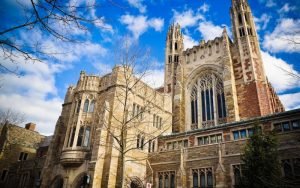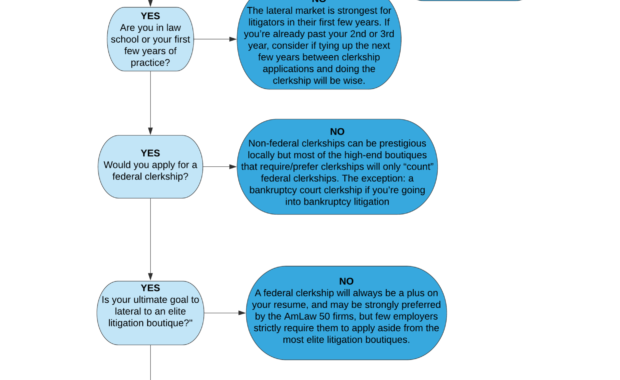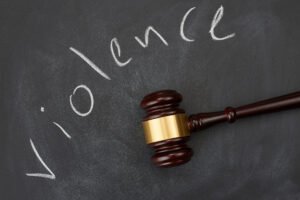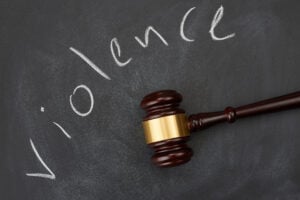This may come as a shock to some people, but it’s actually fairly easy not to invite members of recognized hate groups to your events. There are representatives espousing a range of standpoints and opinions out there that somehow manage to capture an ideological spectrum that falls short of advocating for human rights abuses against people based on their identity. Wild, right?
It’s a memo that someone should forward to the William & Mary Law School Christian Legal Society. On Wednesday, the group invited Kevin Snider of the Pacific Justice Institute to share “with us advice on becoming a lawyer, telling us stories about his walk with the Lord, and answering questions from students.” That’s all well and good, except the Pacific Justice Institute has a long and public history of pushing for gay conversion therapy — rank quackery rejected by medical professionals that leaves individuals more likely to attempt suicide and suffer from heightened levels of depression — usually manifesting as a human rights abuse against minors unable to consent.
That’s why the Pacific Justice Institute is designated by the Southern Poverty Law Center as “an anti-LGBT hate group.” And, look, the Morris Dees leadership at SPLC had a lot of issues, but whether or not PJI reaches your personal definition of “hate group,” a group defending a psychological deprogramming effort on LGBTQ+ children with demonstrated negative repercussions at least reaches the “better to avoid the mere appearance of impropriety” stage on the hate-o-meter. Learning to recognize that and exercise discretion is actually part of becoming a professional too.
But at least Snider is a legal warrior and doesn’t condone violence, right? Well, according to tipsters from the event, he at one point said:
I used to be a pacifist. I’ve come out of that… my views have evolved… I believe there is such a thing as “moral violence.”
That’s not the kind of “story about his walk with the Lord” that the event promised, but then again, nobody expects the Spanish Inquisition.
As one might imagine, students were distraught by this event and protested with, for example, Zoom backgrounds supporting LGBTQ+ rights. It’s the sort of principled advocacy in the public interest that law schools would normally be proud of. William & Mary, on the other hand, sent around an email chastising students for “bullying”:
After hearing reports about bullying conduct among some of our students related to the recent invitation of a speaker, I write to express in the strongest possible terms that such conduct must have no place at our Law School.
See, now, I would think the guy advocating that gay people don’t deserve rights and saying he supports “moral violence” would be the one engaged in bullying, but here we are.
In fairness, there may well have been some concerned students who made inappropriate comments — understandable when someone’s on campus extolling the virtues of robbing human beings of legal protections — but the way to address that is an email that reads, for instance, “The school is entirely supportive and proud of students airing their legitimate concerns over a speaker that they feel represents a fundamental challenge to our core values — that said, be mindful not to allow your dissent or even outrage to cross into the realm of threatening or menacing anyone.” Note how that statement doesn’t immediately place students on the defensive that their mere expression of discomfort with recognized hate groups might amount to some vague, punishable violation? It’s subtle, but that’s the art of lawyering!
William & Mary Law School is a community, a place where we can all come together in support of citizen lawyers. Being a citizen lawyer may mean something different to each of us, but it always comes with the expectation that we thoughtfully and respectfully engage with each other.
Which part of “citizen lawyer” includes the “moral violence” stuff? Because I think the problem for the school’s core values may be coming from the other side of the virtual lectern. And the lectern matters! Campus events present an asymmetrical conversation, which makes it particularly galling when the respectability police show up and tell the speakers without a microphone that they need to be quieter.
At a university, we recognize that people with different views will be invited to speak, some of whom you may disagree with. In alignment with the university’s policy on freedom of expression, W&M Law School is committed to an environment in which members of the community and invited guests are encouraged to speak freely and express themselves. Speech can be countered with more speech and advocating for your views with respect for your adversaries and in a civil manner focused on the exchange of ideas and information is in fact essential to becoming and succeeding as a lawyer.
This isn’t the first time I’ve had to write about the nonsensical assertion that being a good law student requires becoming “docile bulls**t receptacles incapable of voicing a thought beyond putting on a stoic grimace in a detached, sterile environment.” Academia is not bad ideas romper room and it’s neither necessary nor wise to act like every idea gets 15 minutes of university blessed fame. But this is the whole trick, as I wrote several years ago about Yale Law School dealing with similar issues:
The public tongue-clucking over campus speakers is the result of a brilliantly orchestrated wedge strategy to get otherwise reasonable people to vocally undermine social justice movements by turning abstract notions of “free speech” into cudgels to silence dissent. And they’ve found the easiest marks in the world in lawyers.
This is all part of the profession’s commitment to writing buses, lunch counters, fire hoses, attack dogs, sit ins, and everything Martin Luther King ever said except for 6 lines from the I Have A Dream speech out of the public memory and replace it with “Thurgood Marshall solved the country in a courtroom before wise white judges.” It’s a pathological need to center the institution that gleefully perpetuated injustice for time immemorial to the exclusion of the hard and sometimes discomforting work that put Marshall in the position to win.
Again, no one is defending threats here, but it’s imperative that a school recognize these as the exception and not the rule to avoid chilling the very “countering” speech it claims to promote.
Who’d have thought that the William & Mary Tribe would have issues with sensitivity to oppressed populations?
(Full email on the next page…)
Earlier: Yale Students Demolish Dean’s Dumb Argument
 Joe Patrice is a senior editor at Above the Law and co-host of Thinking Like A Lawyer. Feel free to email any tips, questions, or comments. Follow him on Twitter if you’re interested in law, politics, and a healthy dose of college sports news. Joe also serves as a Managing Director at RPN Executive Search.
Joe Patrice is a senior editor at Above the Law and co-host of Thinking Like A Lawyer. Feel free to email any tips, questions, or comments. Follow him on Twitter if you’re interested in law, politics, and a healthy dose of college sports news. Joe also serves as a Managing Director at RPN Executive Search.
 Staci Zaretsky is a senior editor at Above the Law, where she’s worked since 2011. She’d love to hear from you, so please feel free to email her with any tips, questions, comments, or critiques. You can follow her on Twitter or connect with her on LinkedIn.
Staci Zaretsky is a senior editor at Above the Law, where she’s worked since 2011. She’d love to hear from you, so please feel free to email her with any tips, questions, comments, or critiques. You can follow her on Twitter or connect with her on LinkedIn.



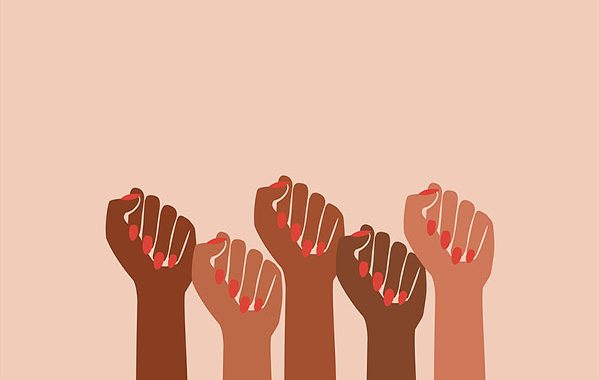

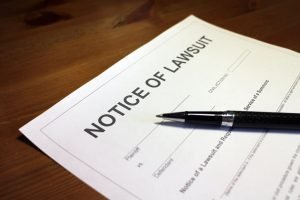

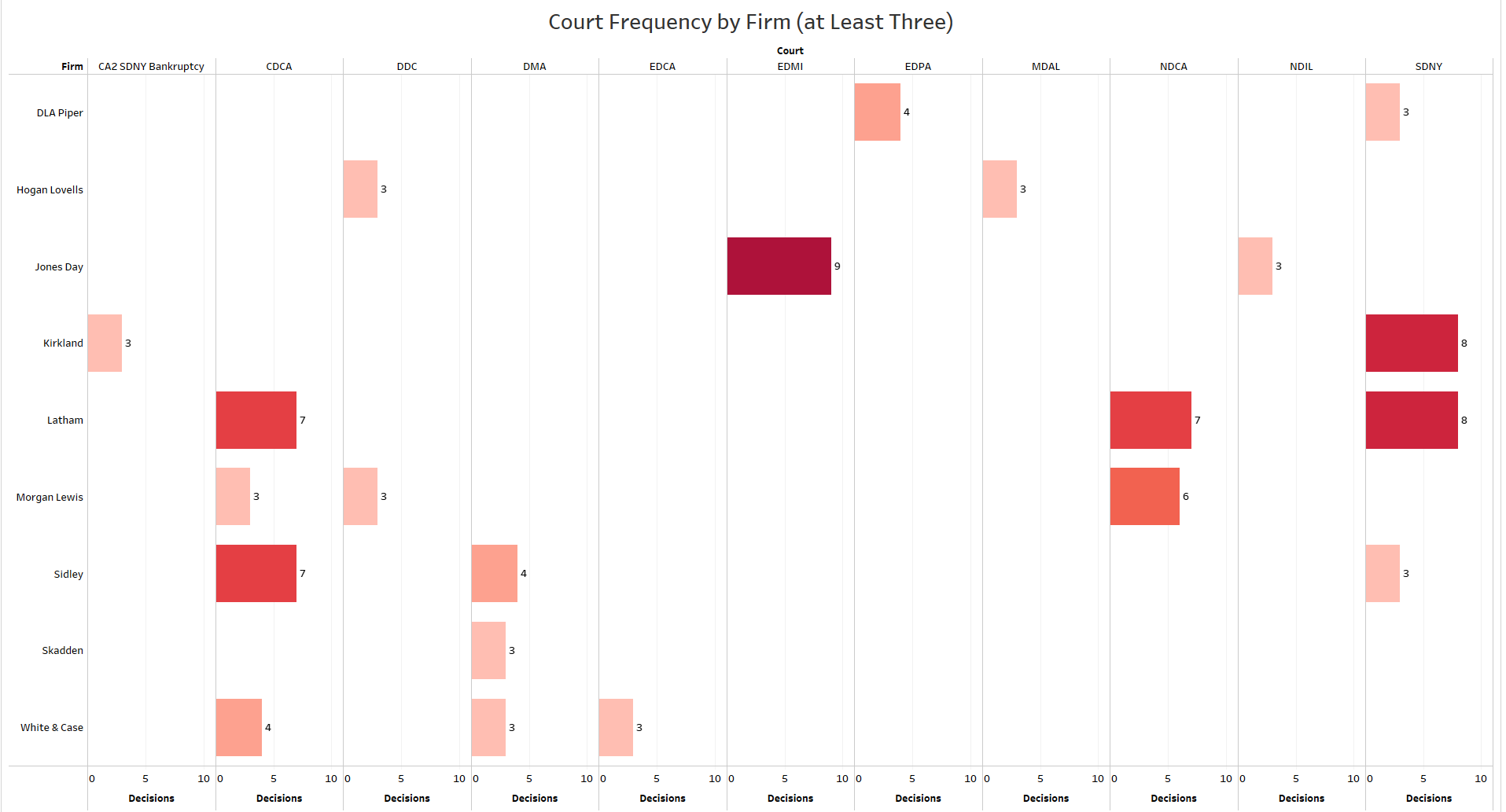

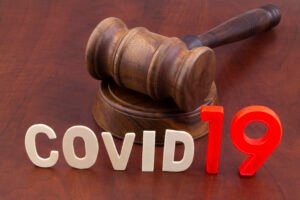
 Kathryn Rubino is a Senior Editor at Above the Law, and host of
Kathryn Rubino is a Senior Editor at Above the Law, and host of 

